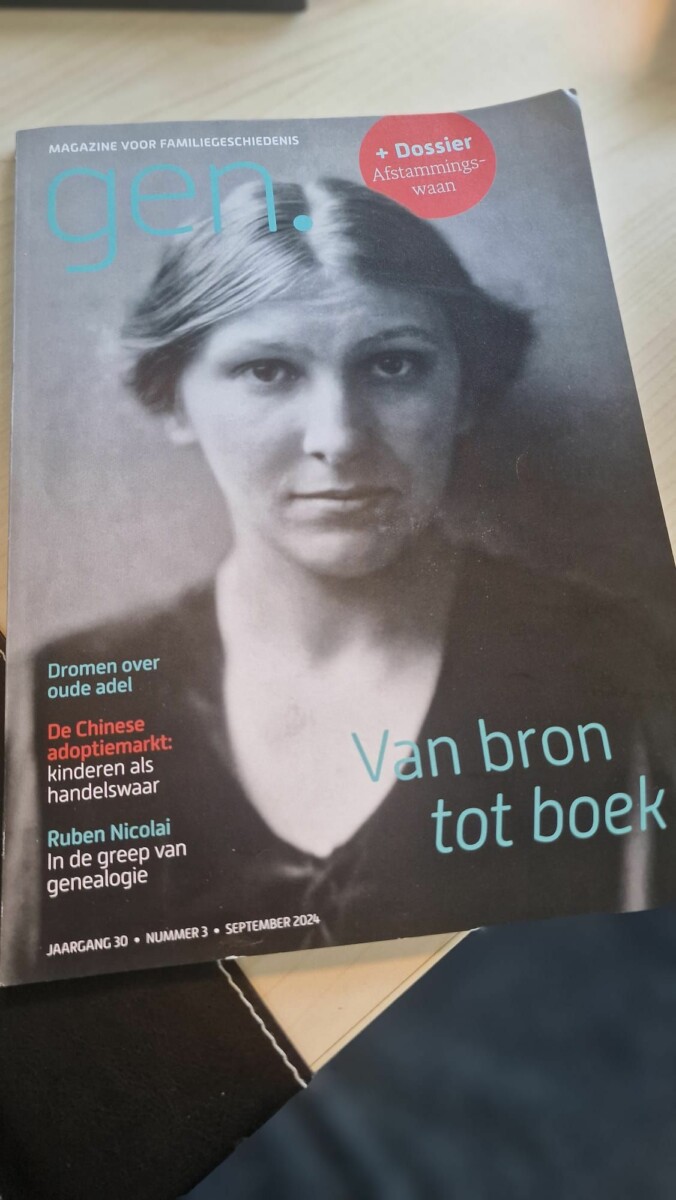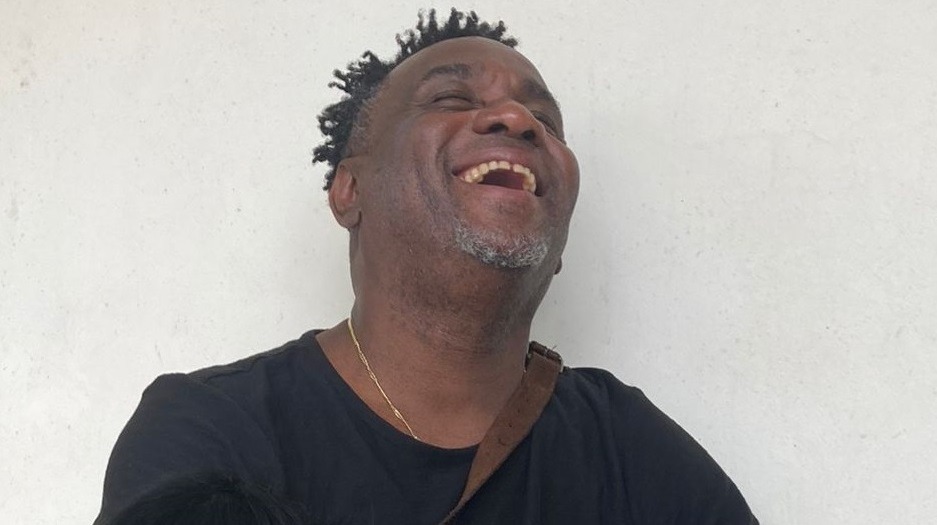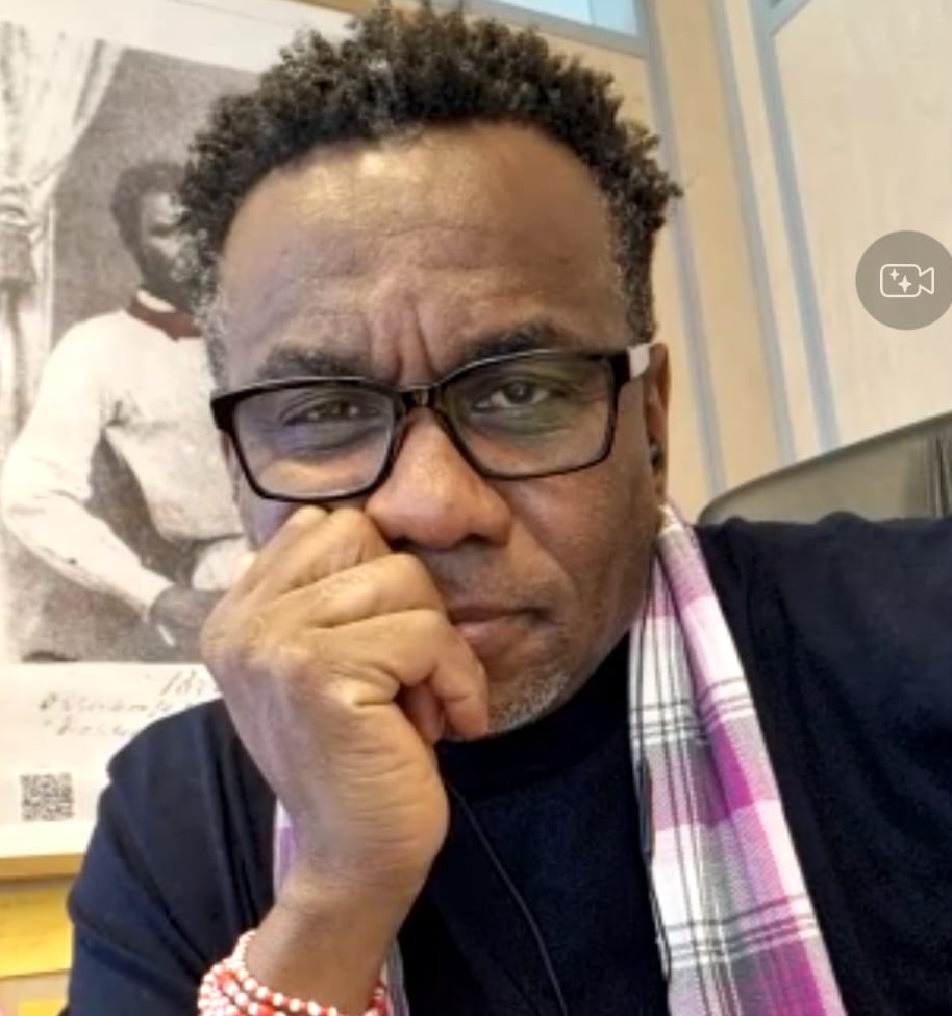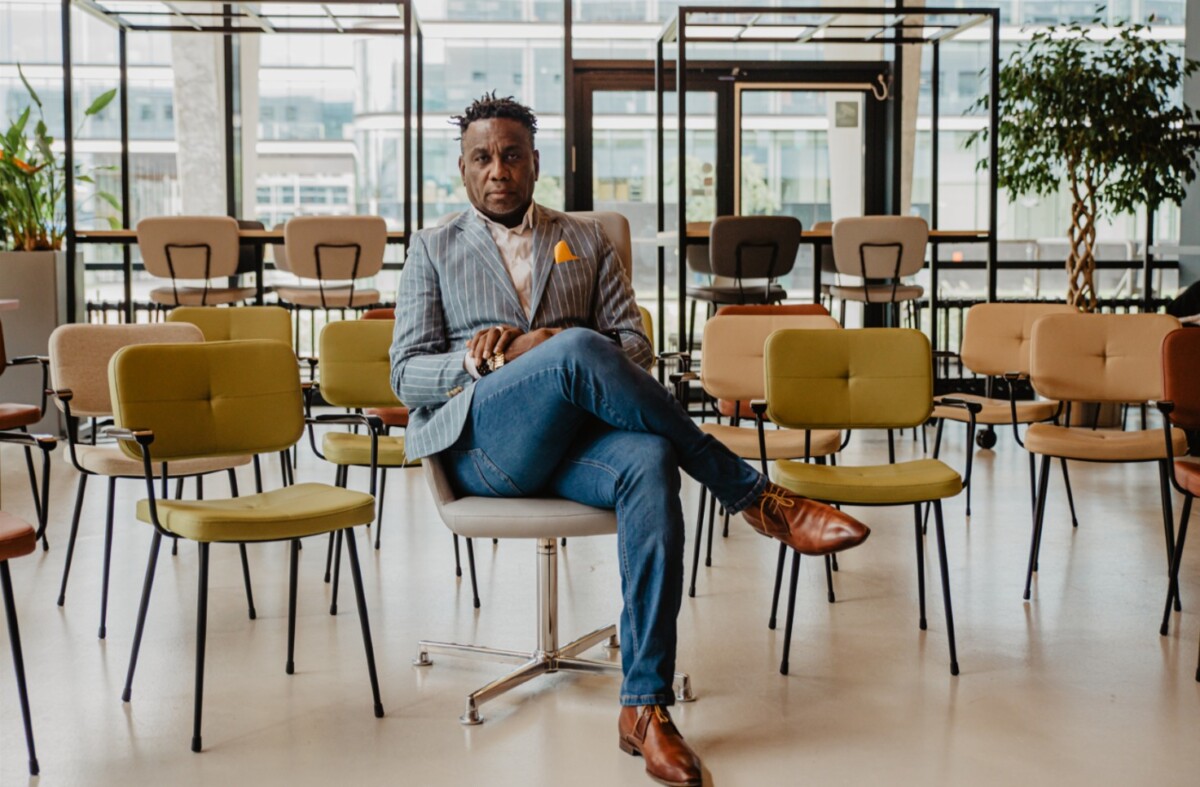“Try not to make everything into a black thing” zei iemand me laatst, genuinely ongerust dat ik vastzat in de negativiteit van altijd maar tegen racisme te schrijven.
Ik grijnsde en zei “I didn’t start this”.
En toen hoorde ik mezelf haar vragen of ze denkt dat ik het leuk vind om zoveel over zware onderwerpen te schrijven die mensen het liefst ontwijken ook al doen ze mij pijn. Of ze snapte dat ik eigenlijk wel alleen over mooie dingen wil schrijven; zoals mn ballen. En die roos achter mijn vuilnisbak. En pissen.
Maar de wereld blijft me lullen. Zucht.
“And by the way” eindigde ik. “I’m a black man. You shouldn’t be asking me not to be that. I would never advise you not to be who you are.”
Les, En dat alles met een glimlach 





